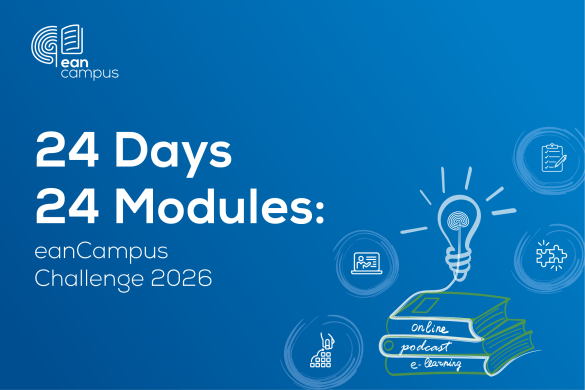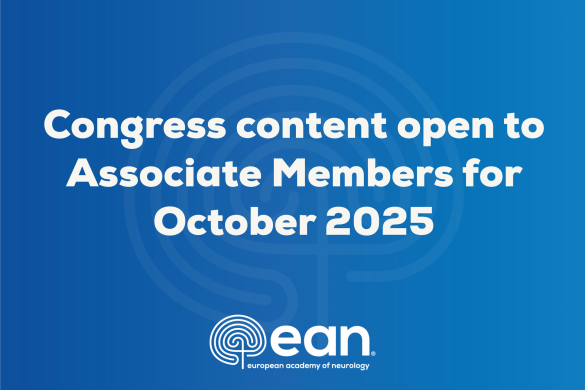06. April 2020
Coronavirus Disease 2019 (COVID-19) typically causes fever, pulmonary and respiratory symptoms as well as gastrointestinal symptoms in the form of diarrhoea. The disease may develop as pneumonia and acute respiratory distress syndrome, which may cause death. Neurological complications of COVID-19 are not yet well-described but central and peripheral nervous system involvement may be expected since COVID-19 is potentially a neurotropic virus. Indeed, the anosmia described may be a central effect.
As clinical neurophysiologists, we may face patients referred for electroencephalography (EEG) with the suspicion of encephalitis, encephalopathy or epileptic seizures. At present, we do not have enough experience to know whether COVID-19 results in any specific EEG changes. We could also possibly expect referrals for nerve conduction studies and electromyography for clinical presentations resembling Guillain Barre Syndrome.
Physicians and technicians perform investigations in Clinical Neurophysiology Departments, other Departments and Intensive Care Units (ICU). These investigations require close contact with the patients, and often last at least for ½-1 hour. Therefore, the risk of infection of our healthcare staff is high. The investigations, particularly in patients who are COVID+ or under investigation for COVID, should only be considered if the information to be obtained from the neurophysiological information makes a substantial difference to management which must be balanced against the risk to healthcare staff. The risk is highest while performing investigations on the ICU. While performing these investigations, for their own and patients’ safety, neurophysiology technicians should follow the rules being followed by the ICU healthcare staff, including droplet and airborne precautions. For further information, the American Association of Clinical Neurophysiology website has guidance. In addition, special care should be paid to cleaning equipment with antiseptic wipes.
Taking into account the shortage of personal protective equipment (PPE), and the potential risk of infecting both healthcare staff and patients, Departments are encouraged to postpone all elective EEG and EMG investigations, unless urgent and likely to change management significantly. However, these decisions should be managed according to local policies and guidelines.
EAN Scientific Panel Clinical neurophysiology
Prof. Hatice Tankisi
Prof. Elefherious Papathanasiou













